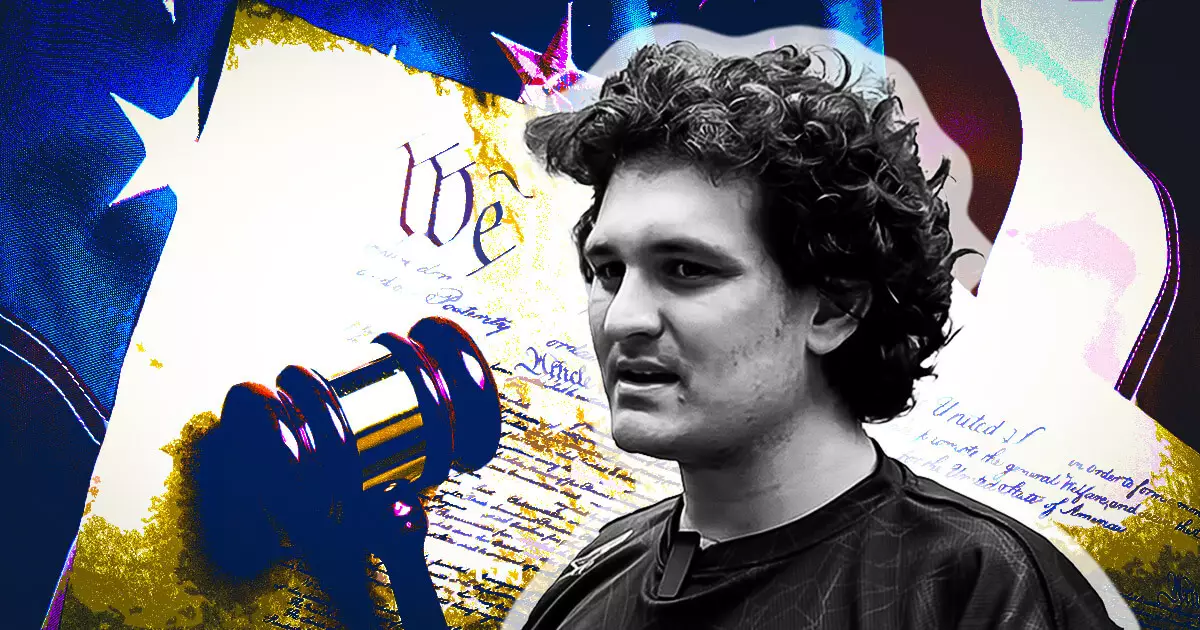In a recent development, FTX founder Samuel Bankman-Fried’s attorneys have raised concerns about their client’s limited access to evidence against him, highlighting a violation of his constitutional rights. The attorneys argue that the proposed solution of providing Bankman-Fried with an offline laptop and intermittent internet access within a courthouse cellblock falls short of addressing the massive volume of discovery in the fraud case. It is crucial to examine the implications of inadequate access to evidence and its impact on an individual’s right to a fair trial.
According to Bankman-Fried’s lawyers, his limited access prevents him from adequately preparing his defense, thereby violating his Sixth Amendment rights. They emphasize the need for consistent internet-connected access to review extensive documents and key sources of information available only online. The lawyers assert that the current path chosen by the government will inevitably lead to inadequate representation, perpetuating a situation that cannot be rectified as long as Bankman-Fried remains incarcerated without internet access.
Bankman-Fried, who maintains his innocence, is facing charges of illegally diverting substantial investor funds from his cryptocurrency exchange, FTX. Prosecutors further accuse him of using customer deposits to support his extravagant lifestyle, contribute to political campaigns, and engage in high-risk trades through his cryptocurrency hedge fund trading firm, Alameda Research.
Bankman-Fried’s legal team claims that despite assurances from the government, their client remains unable to review crucial evidence, including messages on the encrypted chat platform Slack and materials stored in an Amazon cloud-based system linked to FTX and Alameda. The cumbersome and time-consuming nature of accessing discovery materials and communicating with his lawyers hampers effective preparation for trial, warranting consideration for his temporary release.
To address the insufficiency of Bankman-Fried’s current access to evidence, his attorneys propose his temporary release under the “compelling reason” exception of the Bail Reform Act. They suggest that strict conditions, such as confinement at his parents’ residence in California, could be imposed to ensure his compliance and prevent any flight risks. This approach would provide Bankman-Fried with the opportunity to thoroughly review the evidence, collaborate with his legal team, and exercise his right to a fair trial.
Adequate access to evidence is a fundamental aspect of ensuring a fair trial and upholding an individual’s constitutional rights. Without the ability to review and analyze critical information, defendants may be hindered in preparing their defense effectively. In Bankman-Fried’s case, the immense volume of discovery necessitates consistent internet access to review digital documents and extract vital information that could be pivotal in challenging the allegations against him.
The situation surrounding Samuel Bankman-Fried’s limited access to evidence shines a light on the importance of preserving constitutional rights during legal proceedings. The advocates for Bankman-Fried argue that his current confinement without internet access impedes his ability to secure adequate representation and prepare a comprehensive defense. A thorough review of discovery materials, including online sources, is essential in unearthing crucial information that could impact the outcome of the case. It is essential for the justice system to address these concerns promptly to uphold the principles of fairness and justice for all individuals involved.

